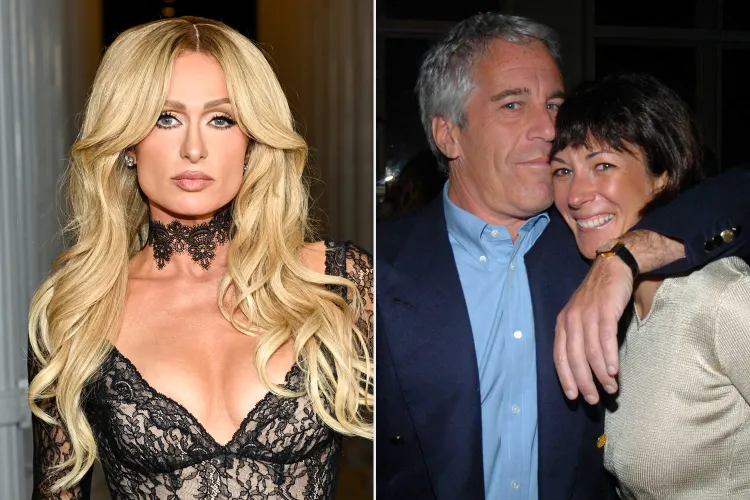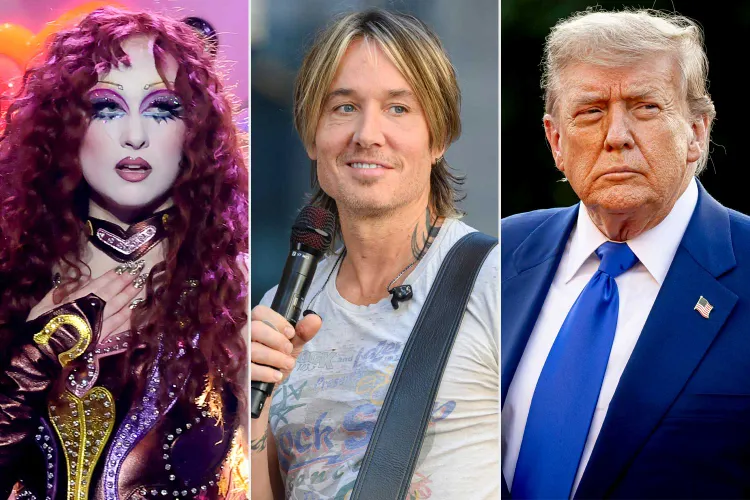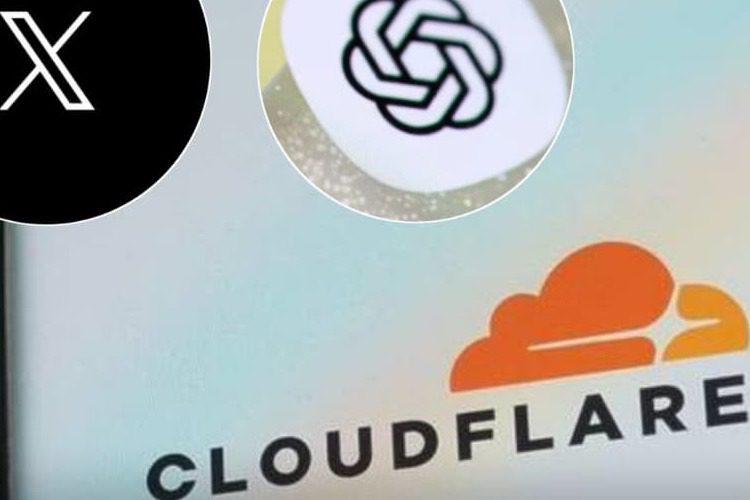Paris Hilton Finally Addresses Claims That Ghislaine Maxwell Tried to Recruit Her for Jeffrey Epstein — Inside the Disturbing Allegation and Her Response
Paris Hilton is speaking publicly about one of the most unsettling claims ever connected to her name, and her response is as direct as it is revealing. More than two decades after the alleged encounter, and years after the name Jeffrey Epstein became inseparable from global scandal and criminal exploitation, Hilton says she has no memory of ever meeting Ghislaine Maxwell or being asked to meet Epstein — a statement that instantly reignited debate around how deeply their network allegedly reached into elite social circles. The renewed attention began after The Sunday Times published an interview in which Hilton was asked about reports that Maxwell, then Epstein’s closest associate, once tried to recruit her when she was still a teenager. The claim originated from composer and social commentator Christopher Mason, who appeared in the 2020 docuseries “Surviving Jeffrey Epstein,” and recounted an incident where Maxwell allegedly pointed out Hilton at a New York party around the year 2000 and described her as “perfect for Jeffrey.” According to Mason, Maxwell allegedly asked for an introduction to her, implying that Hilton might be groomed into Epstein’s world. The story resurfaced the moment Hilton acknowledged it, and now, days later, it remains one of the most discussed revelations involving a figure who, for years, built her modern identity around business, motherhood, and self-reinvention.
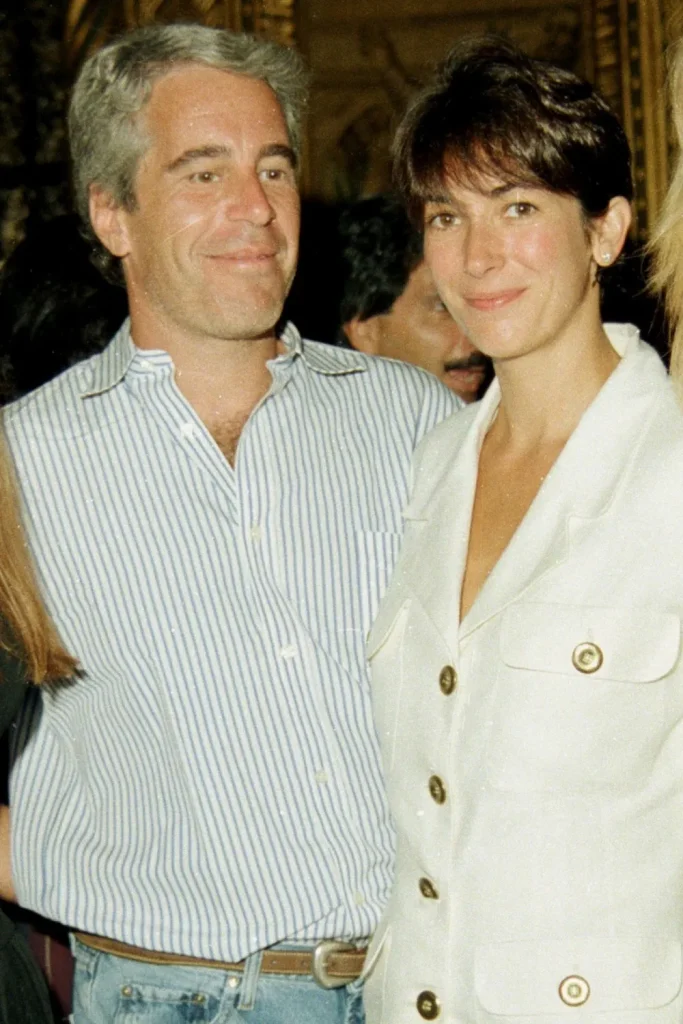
Hilton’s response was simple: “I don’t even remember ever meeting her.” What followed was the kind of line only she could deliver with world-weary clarity: “I’m such a good clickbait name.” It was an answer that did more than deny. It exposed how, for decades, Hilton has understood the way her image is used, twisted, and re-attached to narratives she never consented to. Her statement was not angry or defensive — it was dismissive in a way that suggested she is tired of serving as connective tissue for sensational theories surrounding other people’s crimes. Yet the resurfacing of this allegation cuts deeper into a larger cultural conversation about how powerful adults, specifically men with wealth and influence, allegedly targeted girls who were not just vulnerable — but famous, desirable, or socially valuable to them. A resurfaced photo, taken on September 18, 2000, shows Hilton standing beside Maxwell and Donald Trump at a fashion charity event in New York. It is not evidence of wrongdoing, but it proves proximity. It confirms that Hilton and Maxwell stood in the same circles, at least briefly. But as Hilton notes, proximity does not equal memory, and memory does not always equal consent or involvement.
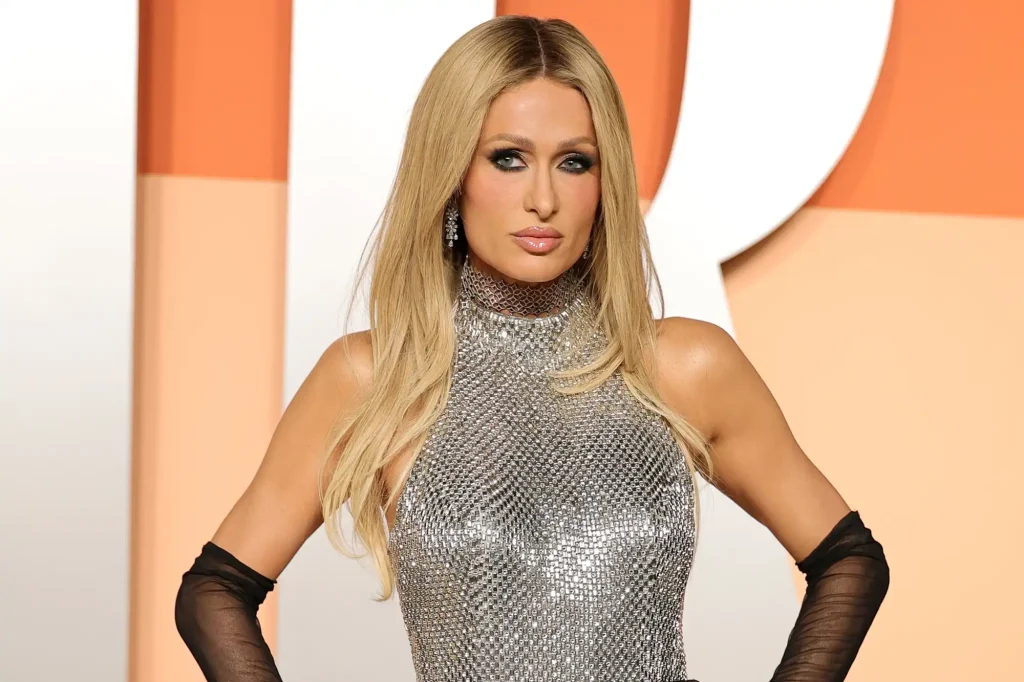
What matters most is that the allegation came not from Hilton — but from someone recalling Maxwell’s words years later. The fact that it is being asked of Hilton now, as a wife and mother in her forties, is itself revealing. It shows how the Epstein-Maxwell story continues to expand, with names being reexamined and reconnected as survivors speak publicly, as court documents unseal, and as the world continues to understand the scale of a network that operated unchecked for decades. Maxwell is now serving a 20-year federal sentence for sex-trafficking minors. Epstein died in a New York jail in August 2019 while awaiting trial on federal sex-trafficking charges. Their criminal partnership is no longer a matter of rumour — it is a matter of legal record. The question is not whether young women were targeted. It is how far the recruitment web reached, how many were approached indirectly, and how many, like Hilton, may have narrowly avoided becoming part of a world they never even knew was closing in.
For Paris Hilton, this conversation lands on deeply personal terrain. In recent years, she has spoken openly about abuse she suffered as a teenager in a “troubled teen” treatment facility, and she has become a public advocate for reform. She has testified before lawmakers, worked on documentaries about institutional abuse, and redefined her public identity not as a party heiress but as a survivor and reformer. Through that lens, the idea that someone may have viewed her as a “perfect recruit” is not just disturbing — it is almost tragically believable. A well-known last name, a glamorous emerging social presence and a lack of adult protection at key points in her young life made her exactly the kind of person predators might have wanted access to. That context is why this story resonates so strongly. Even if Hilton never met Maxwell, even if the alleged conversation happened across the room, it reinforces how casually young women can be sized up, categorized and targeted in elite social environments that pretend to be glamorous but conceal predatory dynamics.
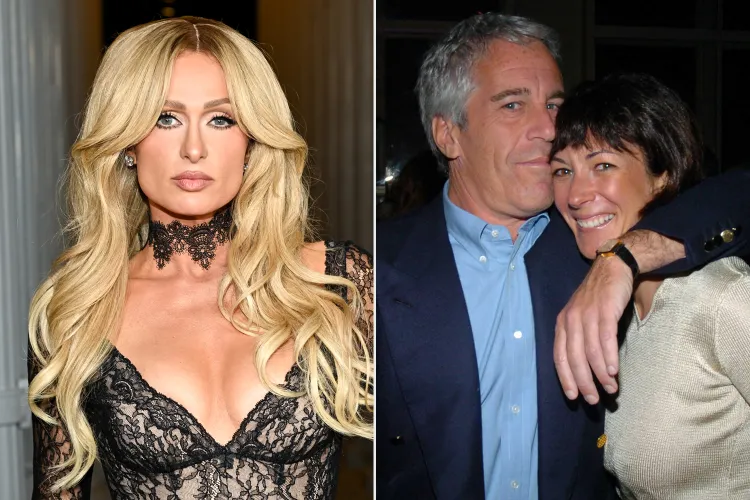
Critically, Hilton is not accusing Maxwell personally. She is addressing an allegation that originated in a third-party account. Her statement is measured, not inflammatory. She does not threaten legal action. She does not expand the allegation. What she does is reclaim her narrative position by saying she does not remember any such meeting and is aware of how often her name is used for attention, often without merit. It is also telling that she chose not to say the claim was impossible — only that it was not in her memory. That may be her way of acknowledging the chaotic reality of her early fame. In the early 2000s, Hilton was photographed constantly, often surrounded by powerful people she barely knew, hanging on the edges of celebrity spaces that demanded visibility but offered no protection.
The resurfacing allegation also reveals how far public opinion has shifted. Twenty years ago, speculation that a powerful man wanted to date a teenage socialite would have been framed as gossip, even aspirational tabloid fantasy. Today, with the Epstein-Maxwell crimes exposed, the same idea is interpreted as evidence of grooming. The world changed its language. Hilton’s silence for years may not have been avoidance — it may simply be that the question is only now being asked through the correct moral lens.
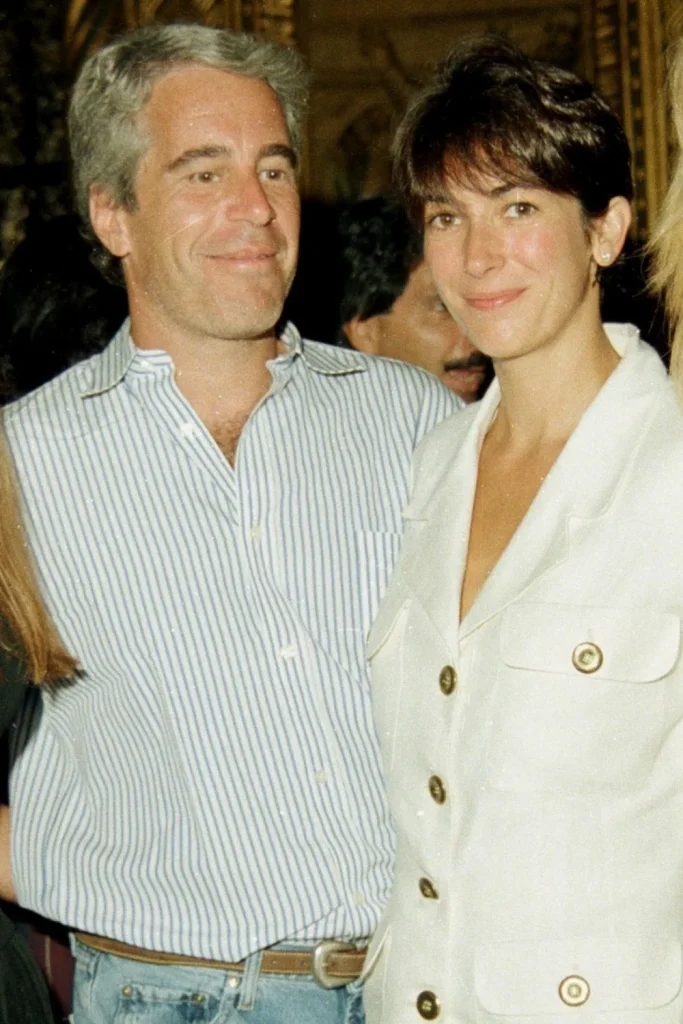
The unanswered question is whether Maxwell truly said those words. Mason stands by his account. No record exists of an introduction actually taking place. Hilton’s denial does not disprove the claim — it clarifies her lack of participation. If Maxwell did speak those words, it may have been one of hundreds of silent recruitment attempts that never fully materialized. Victims who testified against Maxwell described being approached at parties, art events, and campuses, often without realizing they were being scouted. All of this places Hilton’s statement in a heavier context: it is possible she was being watched without her knowledge — and that the story ended there solely because no doorway opened.
Hilton today is far removed from that world. She is a mother of two, a business founder, and a best-selling author. She speaks regularly about protecting children, advocating for young girls, and using her platform responsibly. Her tone in the interview shows no fear — only irritation. She does not appear shaken by the resurfaced story. If anything, she appears annoyed that a twenty-year-old rumour is being reattached to her name again. She is no longer the 19-year-old in a sparkly dress walking into a nightclub with cameras flashing. She is a woman who has taken control of her brand, her narrative and her legacy.
In the end, the renewed conversation says as much about the culture as it does about Hilton. Even now, years later, people want to map every celebrity name against the Epstein web, searching for signs of guilt or survival. Hilton’s response reminds the world that sometimes there is no secret story behind a photograph — only assumptions built on hindsight. She acknowledges the allegation, rejects its personal validity and moves on. Yet the story itself is still powerful, not because of what happened to Hilton, but because of what nearly did. It underscores how close the predatory network allegedly operated to young celebrity women — and how many may have been targets without ever knowing it. Hilton’s controlled, dismissive answer may be her way of shutting the door, but the world will continue to examine the hallway behind it.
